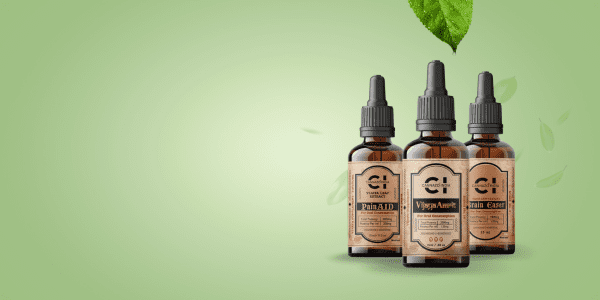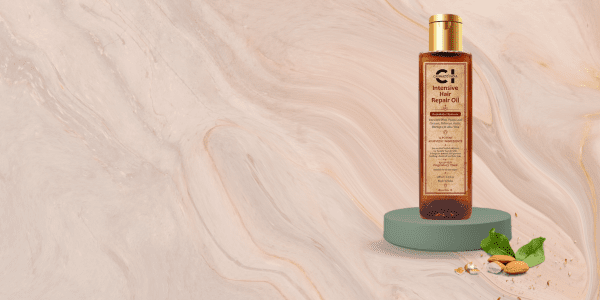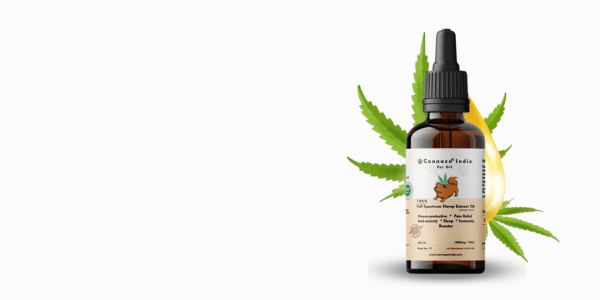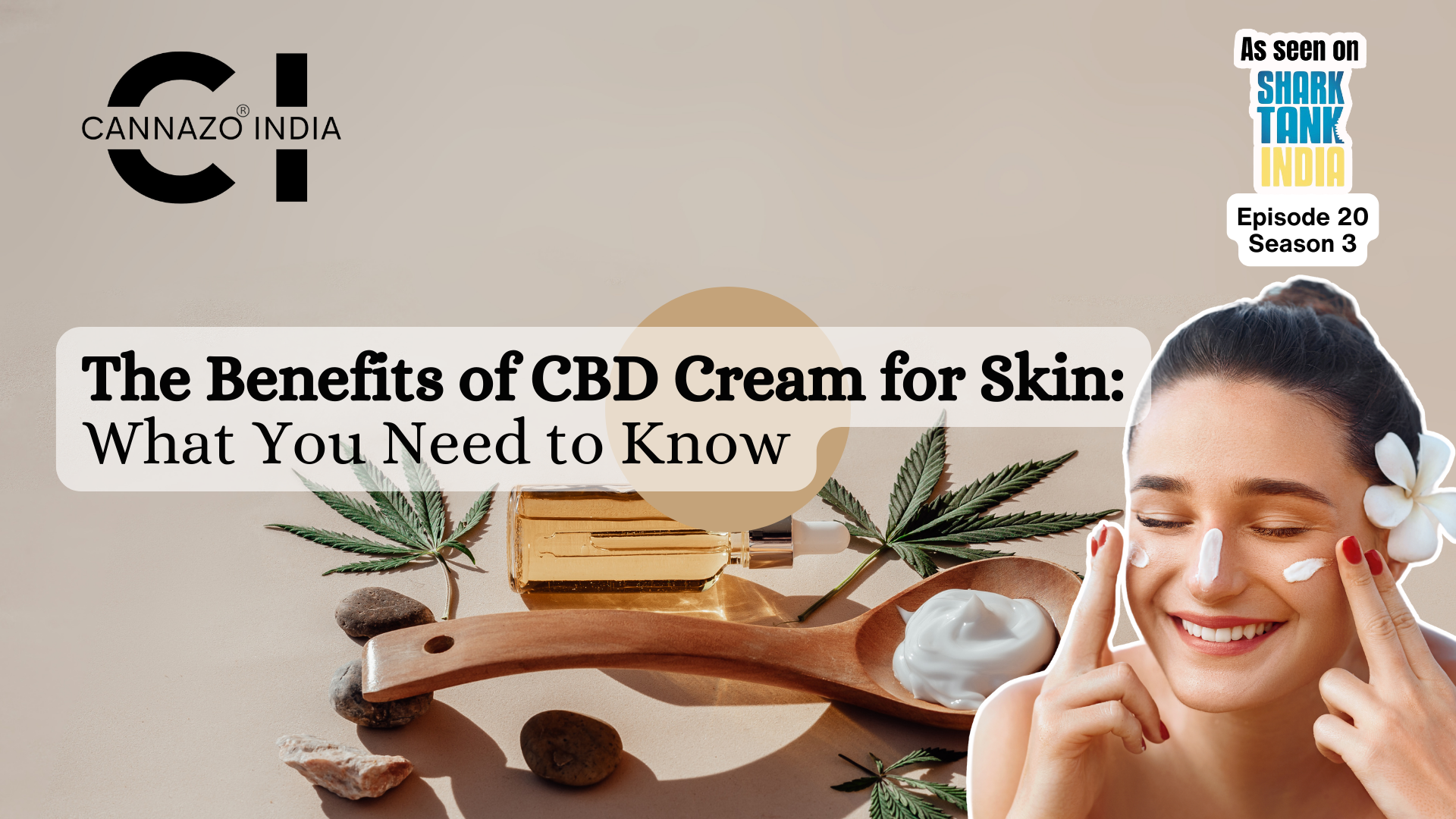Introduction
Cannabidiol (CBD), a non-psychoactive compound extracted from the hemp plant, has emerged as a popular ingredient in skincare due to its potential therapeutic benefits for the skin. With its anti-inflammatory, antioxidant, and moisturising properties, CBD can help address various skin concerns, including acne, dryness, and signs of aging.
CBD may regulate oil production, soothe irritation, and promote overall skin health by interacting with the skin’s endocannabinoid system. As consumers increasingly seek natural and effective solutions for their skincare needs, CBD continues to gain traction as a promising addition to topical formulations.
What is CBD Cream?
CBD cream is designed for application directly to the skin and aims to deliver CBD’s potential therapeutic benefits locally. These creams often combine CBD with other beneficial ingredients, such as essential oils, vitamins, and botanical extracts, to enhance their moisturizing, anti-inflammatory, and soothing properties.
How CBD Cream Works on the Skin
CBD cream interacts with the skin primarily through the body’s endocannabinoid system (ECS). ECS plays a crucial role in maintaining skin health and homeostasis through its complex network of receptors, endocannabinoids, and enzymes. The ECS consists primarily of two cannabinoid receptors: CB1, which is predominantly found in the brain and central nervous system, and CB2, which is primarily located in peripheral tissues, including the skin.
When cannabinoids like CBD interact with these receptors, they can influence various skin functions. For instance, the ECS regulates inflammation by modulating the release of pro-inflammatory cytokines, which can help alleviate conditions such as acne, eczema, and psoriasis. Additionally, it plays a vital role in balancing sebum production, ensuring that the skin maintains a healthy level of oil without becoming overly oily or dry.
This regulation is essential for preventing clogged pores and reducing acne breakouts. Furthermore, the ECS is involved in pain perception and healing processes, promoting cell proliferation and migration necessary for wound repair. The antioxidant properties of the ECS also protect the skin from oxidative stress caused by environmental factors like UV radiation and pollution, contributing to a more youthful appearance.
Overall, the ECS is integral to skin health, influencing everything from inflammation and oil production to pain relief and healing, making it a critical target for cannabinoid-based skincare treatments.
Benefits of CBD Cream for Skin
- Moisturization and Hydration: Many CBD creams contain additional moisturizing agents that help hydrate the skin. CBD itself also has emollient properties, contributing to improved skin barrier function and preventing moisture loss.
- Anti-Inflammatory Effects: This can be particularly beneficial for conditions such as acne, eczema, and psoriasis, where inflammation is a significant factor.
Pain Relief and soothing effect: The analgesic properties of CBD can provide localized relief from discomfort, making it a popular choice for muscle soreness, joint pain, and conditions like arthritis. - Antioxidant effects: CBD acts as an antioxidant, helping to neutralize free radicals generated by environmental stressors like UV rays and pollution. This protection can prevent premature ageing and promote overall skin health.
Potential Anti-Aging Benefit
CBD offers several anti-ageing benefits that make it a valuable addition to skincare routines. Rich in antioxidants, CBD helps neutralize free radicals, reducing oxidative stress and preventing premature ageing. Its anti-inflammatory properties calm irritated skin, while its ability to enhance moisture retention promotes a plumper, more youthful appearance.
By regulating oil production, CBD can prevent clogged pores and breakouts, contributing to a clearer complexion. Additionally, it may stimulate collagen production, improving skin firmness and elasticity. With its soothing effects and potential to support skin repair, CBD emerges as a promising natural ingredient in the fight against signs of ageing.
Regulation of Oil Production: CBD can help balance sebum production, which is crucial for maintaining healthy skin. By regulating oil levels, CBD cream may prevent clogged pores and reduce the occurrence of acne.
By leveraging these mechanisms, CBD cream offers a multifaceted approach to skincare, targeting various concerns while promoting overall skin health and wellness.
How to Use CBD Cream
Using CBD cream is straightforward and can be easily incorporated into your skincare routine. Here are some key steps:
- Choose the Right Product: Select a high-quality CBD cream that suits your skin type and addresses your specific needs, whether for pain relief, hydration, or treating skin conditions.
- Cleanse the Skin: Start with clean skin. Wash the area where you plan to apply the cream to remove any dirt, oil, or makeup, ensuring better absorption.
- Apply a Small Amount: Take a small amount of CBD cream and gently massage it into the desired area
- Massage for Absorption: Rub the cream in using circular motions to enhance absorption. This can also help increase blood flow to the area, potentially boosting the cream’s effectiveness.
- Frequency of Use: Use the cream as needed, whether it’s once a day or multiple times, depending on your skin’s condition and your goals.
- Patch Test: If you’re using CBD cream for the first time, consider doing a patch test on a small skin area to ensure you don’t have an adverse reaction.
By following these steps, you can effectively utilize CBD cream to enhance your skincare routine and potentially experience its various benefits.
Choosing the Right CBD Cream
- When selecting a CBD cream, consider the following factors to ensure you find a product that meets your needs:
Source of CBD: Look for creams made from high-quality, organically-grown hemp. This ensures the product is free from pesticides and harmful chemicals. - Full-Spectrum vs. Isolate: Decide whether you want a full-spectrum CBD cream, which contains a range of cannabinoids and terpenes, or a CBD isolate, which contains only pure CBD.
- Third-Party Testing: Choose products that have been tested by independent labs. This provides transparency regarding the potency, purity, and safety of the cream. For example, Cannazo India.
- Ingredients: Review the ingredient list for additional beneficial components like essential oils, vitamins, and natural extracts. Avoid creams with synthetic additives or irritants.
- Potency: Consider the concentration of CBD in the cream.
- Skin Type: Choose a cream formulated for your specific skin type (oily, dry, sensitive, etc.) to maximize effectiveness.
- Customer Reviews: Check user feedback and testimonials to gauge the product’s effectiveness and user satisfaction. Companies such as Cannazo India, 707 Flora and Alma have positive reviews.
By carefully evaluating these factors, you can select a CBD cream that aligns with your skin care needs and wellness goals.
Conclusion
CBD has emerged as a promising ingredient in skincare, offering a range of benefits that can enhance overall skin health. Its anti-inflammatory, antioxidant and moisturising properties make it effective for addressing various skin concerns, including acne, dryness, and signs of ageing.
CBD can help regulate oil production, soothe irritation, and promote healing by interacting with the skin’s endocannabinoid system. As research continues to expand our understanding of CBD’s potential, it represents a natural and versatile option for those seeking effective solutions in their skincare routines. Whether used for specific skin conditions or as part of a broader anti-ageing strategy, CBD is positioned to play a significant role in the future of skin care.
Reference
- Firestone, D. (2024b, July 31). What is CBD cream? Your beginner’s guide to CBD topical products. cbdMD. https://www.cbdmd.com/blogs/posts/what-is-cbd-cream-a-beginners-guide-to-cbd-topicals
- Davenport, S. (2024b, September 19). Best CBD Creams, Lotions, Balms, and Salves of 2024. https://www.medicalnewstoday.com/articles/cbd-skin-cream
- Sreenivas, S. (2023, September 18). CBD for Skin: What to Know. WebMD. https://www.webmd.com/beauty/cbd-for-skin
- Sabry, H. (2024, August 23). CBD for Skin: Benefits, Risks, and the Best Products to Try. Green Health Foundation. https://greenandnatural.org/blog/cbd-for-skin-benefits-risks/
- Farms, M. (2024, April 15). How Does CBD Cream Work? Mechanism Behind Targeted Comfort. Chill. https://chillmedicatedcbd.com/cbd-blog/how-does-cbd-cream-work





